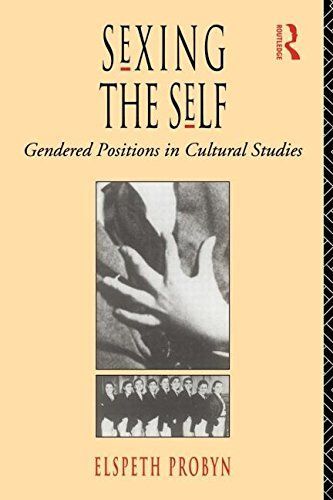
Sexing the Self Gendered Positions in Cultural Studies
How can the self be represented in cultural studies? Faced with the seeming difficulty of representing others, many theorists working in cultural studies have been turning to themselves as a way of speaking about the personal. In Sexing the Self, Elspeth Probyn retraces this evacuation of experience as a critical term in cultural studies, and argues for a move beyond a crisis mode of representation, where no-one can speak for another. Probyn tackles the question of the sex of the self, an issue of vital importance to feminists, yet one which has been neglected by feminist theory, and suggests that there are ways of using our gendered selves in order to speak and theorize non-essential but embodied selves. Arguing for feminism with attitude, Sexing the Self ranges across wide theoretical strands, drawing upon a body of literature from early cultural studies to Anglo-American feminist literary criticism, from the emergence of the feminine as a privileged term in cultural theory to the rampant self-reflexivity of postmodern ethnography, from identity debates to Foucault's care of the self.